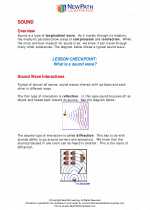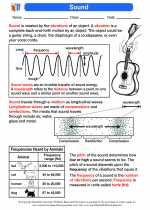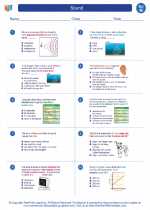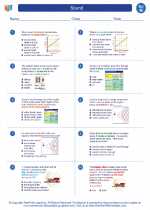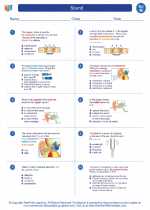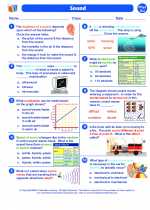Physiology
Physiology is the branch of biology that focuses on the study of the functions and mechanisms of living organisms. It encompasses a wide range of topics including the functioning of cells, tissues, organs, and organ systems within the body.
Key Concepts in Physiology
- Homeostasis: The maintenance of a stable internal environment within the body, despite external changes. This involves processes such as temperature regulation, pH balance, and blood sugar levels.
- Cellular Physiology: The study of how individual cells function, including processes like metabolism, transport of molecules, and cell communication.
- Neurophysiology: The study of the nervous system and how it controls and coordinates bodily activities, including sensory perception, motor control, and cognitive function.
- Cardiovascular Physiology: The study of the heart and blood vessels, including the mechanisms of blood circulation, blood pressure regulation, and gas exchange.
- Respiratory Physiology: The study of the respiratory system, focusing on the processes of breathing, gas exchange in the lungs, and regulation of blood oxygen and carbon dioxide levels.
- Endocrine Physiology: The study of the endocrine system and the regulation of hormones, which play a crucial role in processes such as growth, metabolism, and reproduction.
Study Guide for Physiology
When studying physiology, it's important to have a solid understanding of the following key areas:
- Cell Structure and Function: Understand the different organelles within a cell and their roles in processes such as protein synthesis, energy production, and waste disposal.
- Homeostasis: Familiarize yourself with the mechanisms that maintain stability within the body, including negative feedback loops and the role of various organ systems in this process.
- Organ Systems: Learn about the major organ systems in the body, including the nervous system, cardiovascular system, respiratory system, digestive system, and endocrine system, and how they work together to maintain homeostasis.
- Physiological Processes: Gain knowledge of important physiological processes such as muscle contraction, nerve conduction, blood clotting, and the regulation of body temperature.
- Experimental Techniques: Understand the experimental methods used in physiology, such as electrophysiology, microscopy, and biochemical assays, and their importance in advancing our understanding of physiological processes.
By mastering these key concepts and study areas, you will develop a strong foundation in physiology and be well-prepared to delve deeper into the fascinating world of how living organisms function.
.